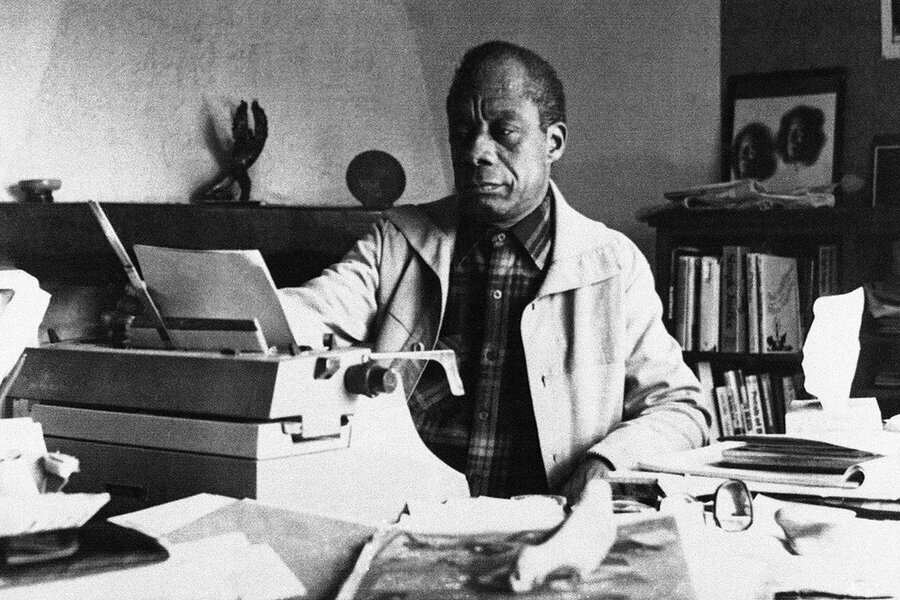Episodes
Thursday Aug 30, 2018
Philip K. Dick Book Club: Episode 108: What the Dead Men Say
Thursday Aug 30, 2018
Thursday Aug 30, 2018
In this episode, we look at "What the Dead Men Say", in which Philip K. Dick introduces the concept of half-life and plays with the power of media and corpoations.
Thursday Aug 30, 2018
Episode 251: Theodore Dreiser, An American Tragedy (7)
Thursday Aug 30, 2018
Thursday Aug 30, 2018
More of Theodore Dreiser's "An American Tragedy".
Monday Aug 27, 2018
Episode 250: Theodore Dreiser: An American Tragedy (6)
Monday Aug 27, 2018
Monday Aug 27, 2018
Part six of my review of "An American Tragedy" by Theodore Dresier.
Monday Aug 27, 2018
Philip K. Dick Book Club: Episode 107: War with the Fnools"
Monday Aug 27, 2018
Monday Aug 27, 2018
More silliness from 1964 Philip K. Dick in "The War with the Fnools".
Wednesday Aug 22, 2018
Philip K. Dick Book Club: Episode 106: Oh! To be a Blobel
Wednesday Aug 22, 2018
Wednesday Aug 22, 2018
More family drama in Philip K. Dick's short story "Oh! To be a Blobel".
Wednesday Aug 22, 2018
Sunday Aug 19, 2018
Episode 248: Theodore Dreiser, An American Tragedy (4)
Sunday Aug 19, 2018
Sunday Aug 19, 2018
Things start to get complicated for Clyde and his love life in part four of my review of "An American Tragedy" by Theodore Dresier.
Sunday Aug 19, 2018
Philip K. Dick Book Club: Episode 105: Orpheus With Clay Feet
Sunday Aug 19, 2018
Sunday Aug 19, 2018
Another short story by Philip K. Dick published in 1964, one of his most prolific years. This one is on creativity and inspiration, with a sci-fi twist.
Thursday Aug 16, 2018
Philip K. Dick Book Club: Episode 104: Novelty Act
Thursday Aug 16, 2018
Thursday Aug 16, 2018
Mostly this episode contains things we covered in my review of "The Simulacra", but the story "Novelty Act" does differ from the novel's main themes in a few ways.
Thursday Aug 16, 2018
Episode 247: Theodore Dreiser: An American Tragedy (3)
Thursday Aug 16, 2018
Thursday Aug 16, 2018
Part 3 of my review of "An American Tragedy" by Theodore Dreiser. This section focuses on how Clyde Griffiths finds a new job as a supervisor in a collar factory.
Friday Aug 10, 2018
Episode 246: Theodore Dreiser: An American Tragedy (2)
Friday Aug 10, 2018
Friday Aug 10, 2018
Part 2 of my review of Theodore Dresier's "An American Tragedy".
Friday Aug 10, 2018
Philip K. Dick Book Club: Episode 103: Waterspider
Friday Aug 10, 2018
Friday Aug 10, 2018
In this 1964 short story, Philip K. Dick writes himself into a tale about time travel and the origin of creativity.
Tuesday Aug 07, 2018
Episode 245: Theodore Dreiser: An American Tragedy (1)
Tuesday Aug 07, 2018
Tuesday Aug 07, 2018
Part 1 of a 9 part series on Theodore Dresier's excellent book "An American Tragedy". In this part we meet Clyde Griffiths and his family, think about the urban missionary movement of the Progressive era and ponder the impact of that lifestyle on young people.
Tuesday Aug 07, 2018
Philip K. Dick Book Club: Episode 102: The Penultimate Truth
Tuesday Aug 07, 2018
Tuesday Aug 07, 2018
In this one-off episide, I will be looking at Philip K. Dick's "The Penultimate Truth". It is a rich novel on fake news, labor, power, and time travel. It is one of Dick's stronger political novels.
With this novel we are done with the novels of 1964. Coming up, the stories Dick published in 1964.
Monday Aug 06, 2018
Episode 244: Willa Cather: One of Ours (3)
Monday Aug 06, 2018
Monday Aug 06, 2018
My final thoughts on Willa Cather's "One of Ours" as I close this series on Willa Cather's early works. Next up, Theodore Dreiser's "An American Tragedy".

